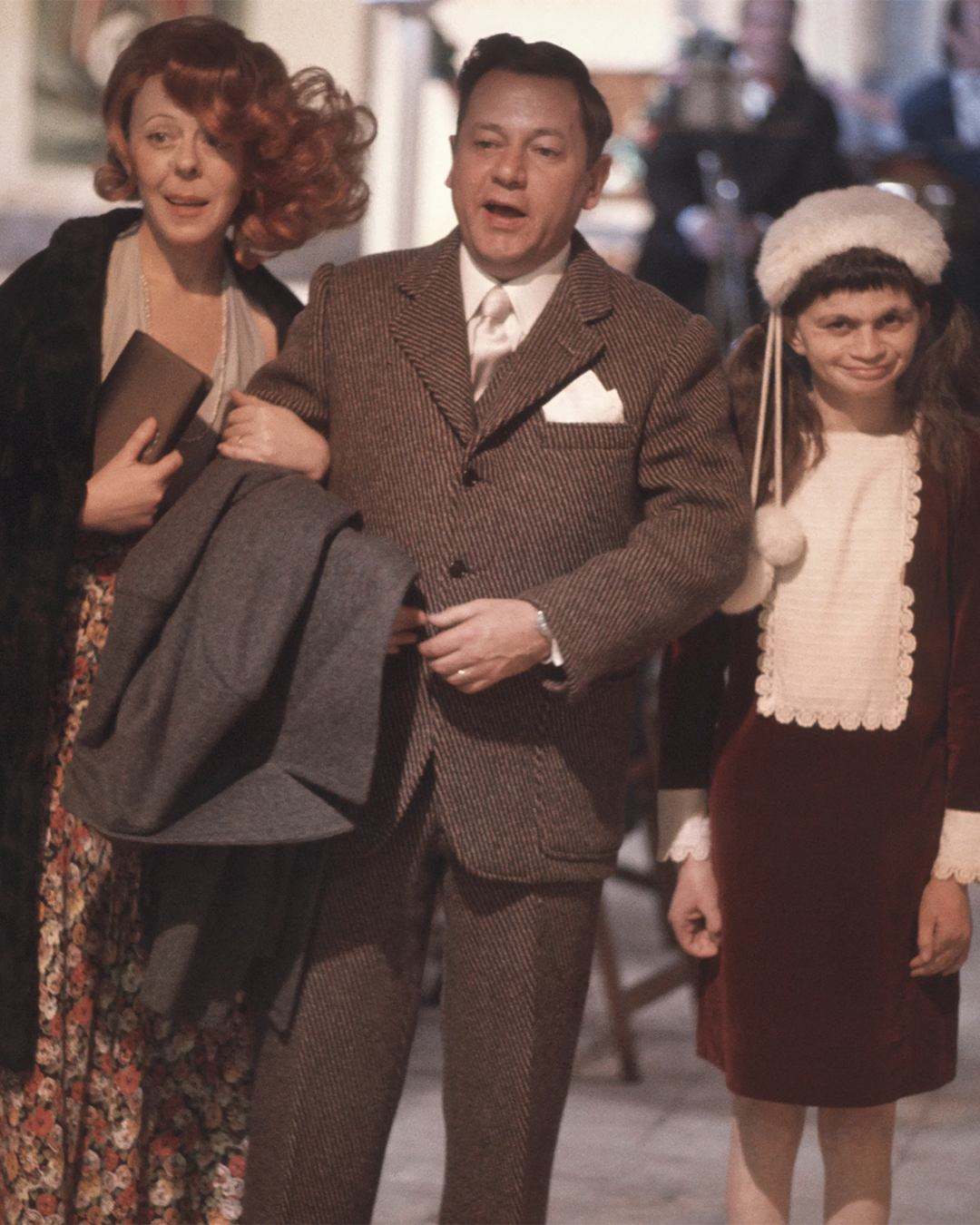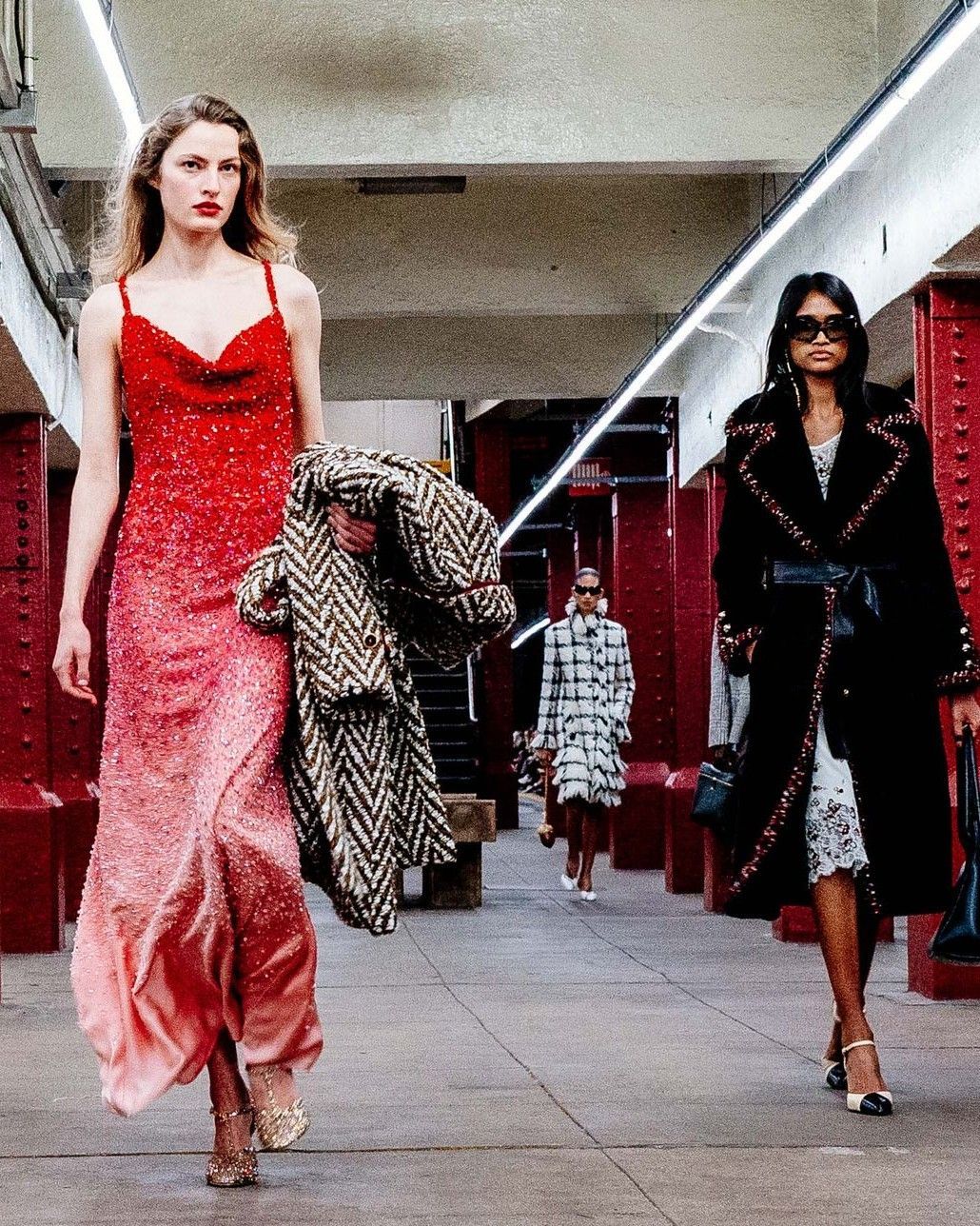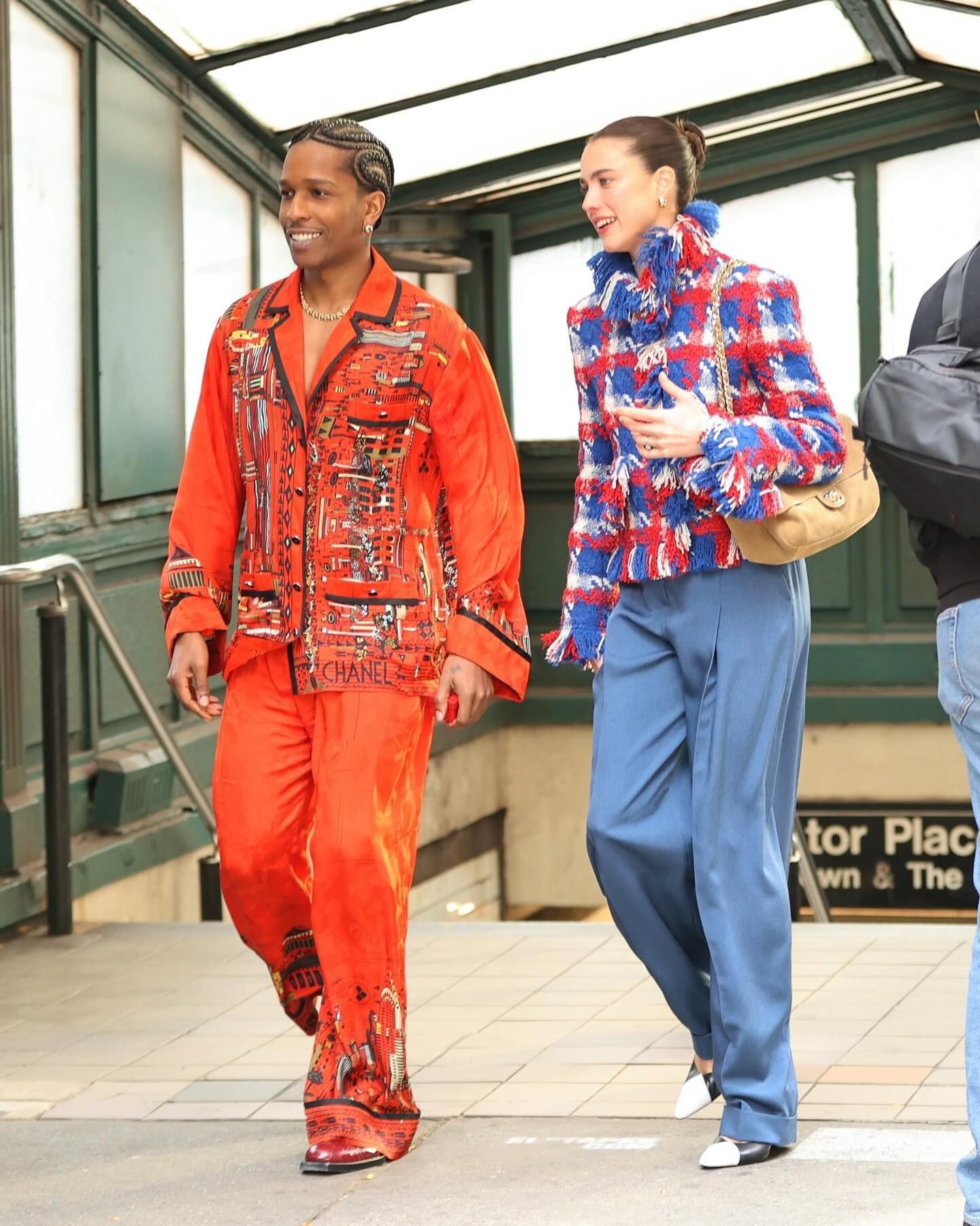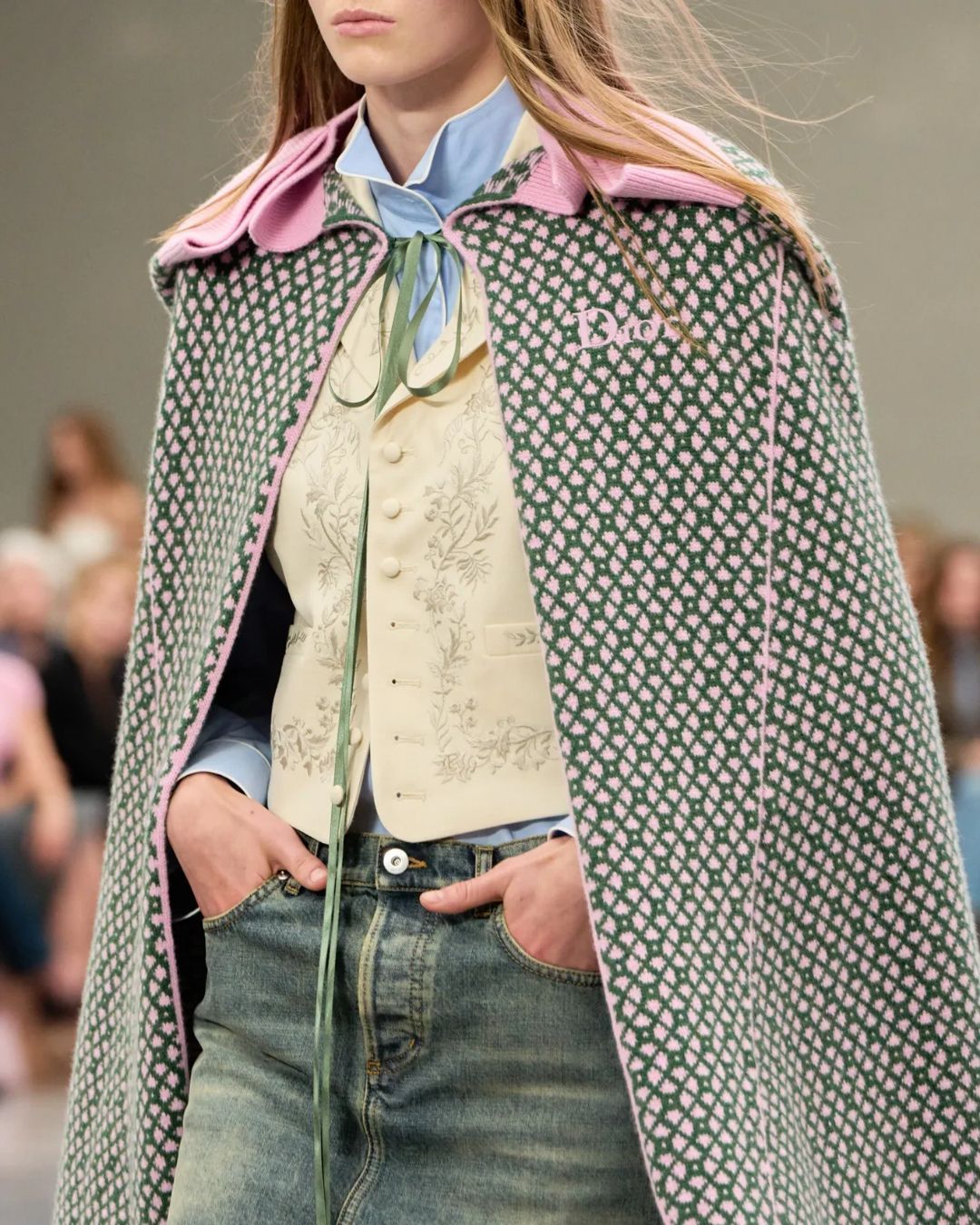
Not all brands want to change the fashion system Chanel just announced that it doesn't intend to give up its six annual shows
The crisis of the fashion industry triggered by the coronavirus pandemic has been an opportunity for many brands and designers to rethink the most ingrained customs of the industry. One of the consequences has been the decline of pre-collections – "secondary" fashion shows usually set in exotic places considered by many as the main cause of overproduction in fashion. Among the various proposals for change, critics, buyers and brands seem to agree on one thing: the annual fashion week system travels at an exaggerated and unsustainable pace and, therefore, needs to be reformed. Two of Kering's leading brands, Gucci and Saint Laurent, have already started implementing a change in their program but their point of view is not universally shared. Among the brands that resist the change Chanel was the first, some days ago, to declare its attachment to tradition. The brand's president, Bruno Pavlovsky, told The Business of Fashion that Chanel will keep all six annual shows: two ready-to-wear shows, two haute couture and the cruise or Croisère pre-collection and the Métiers d'Art dedicated to the artisan atelier. These are Pavlosky's words in describing the decision:
«I don’t know if the right number is two or six; it’s up to each brand. But we are quite advanced in the calculation of our carbon impact, all the time we’re making a lot of progress in our approach. And we feel it’s important to do these shows. We still need to have the creative freedom to express each moment. [...] The pace is to be able to deliver novelty at the boutique level every two months, and we feel very comfortable with that pace».
When it comes to Cruise shows and, in general, all the pre-collections as excruciative extravagances that brands could spare themselves and the public, it's hard not to mind Chanel's 2015 Cruise collection show in Dubai. An opulent show that required the construction of an artificial island off the Arabian coast, with an architectural system that at the time cost 1.7 million and demolished the day after the show. This was just one of the titanic shows Karl Lagerfeld wanted during his reign at Chanel, other locations he chose were the gardens of Versailles, the Lido of Venice, Shanghai, Saint-Tropez and Cap d'Antibes. You couldn't expect less from the man who had invented the concept of the Cruise shows intended as "set in an exotic locaton". As Pavlovsky told The Independent in 2014:
«We decided with Lagerfeld 15 years ago to make the 'Cruise' a dedicated time to launch special collections and present them to the press within the setting of a huge show. ».
Pavlovsky's reasons for maintaining the six annual shows relate to all the concepts of brand value and brand identity as well as "a very privileged relationship between the brand and the people around the brand". A view that could be defined as conservative and that even brands of LVMH, including Louis Vuitton, Dior and Céline, have implicitly assumed, maintaining an almost total silence towards that wave of independence culminating in the announcement of Gucci. Between mega-brands that arbitrarily decide when to show and traditionalist brands still reverent towards that institution that is fashion week, there could be the risk of a two- or three-speed fashion week, with smaller brands forced to join the program and the titans of the industry, independent of the regular cadences of the system, who organize their own shows without real mutual coordination. A model actually already followed by Dolce & Gabbana, brand that came out of the CNMI program in '98 and remained independent until today, among other things with shows of Alta Sartoria and High Fashion set in spectacular sets just like Chanel.
This line of resistance within the fashion system has recently found other voices, with the absence of Burberry, Martine Rose, A-COLD-WALL and Craig Green at the digital edition of London Fashion Week. From the point of view of brands, it is a question that certainly concerns its own prestige: the bigger and institutionalized a brand, the less it will have to bend at external will. As its status is rooted in tradition, therefore, brands themselves do not see why to change it. The radical change in the fashion calendar actually helps especially smaller brands, where commercial titans such as Chanel, Louis Vuitton or Dior have no reason to change their nature, especially if adhering to change means being on the same level as much younger brands and with a less long and venerable history.
































































